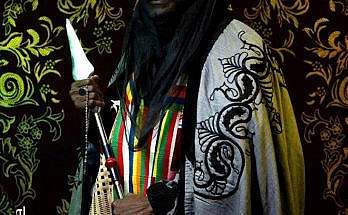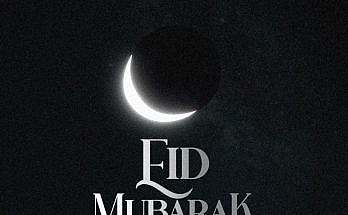Hardly do I make New Year resolution. This is premised on experience and the soulful burden that I carry whenever I fail to attain a self imposed standard. It is on record that most New Year resolutions are broken before January 23rd. The most easily broken is the resolution to abstain. This abstainism is often targeted at alcohol and as a farewell ritual, the would be abstainer, drinks his last bottle on the eve of the New Year. Ask my good friend Danladi, a priest at the Universal Chapel of St. Bottles, he will tell you that after such resolution awufu (free) beer is thrown at you and wanting to be social, you nip a cup and what the heck, you have broken the resolution; you might as well drain a brewery. Another abstainers’ favourite denial is sex. Some amorous guys and ladies while expecting the incoming year to be better, swear on their mother to abstain from sex till marriage or retrace their step to the laps of their wives after a he-goat philandering. When they realize that body no be wood and that sex is the fourth basic necessity of life, the restructure the resolution to read, “not total abstinence but a reduction in the number, a firm resolute of no condom no sex policy and I will not bring her to my matrimonial bed/home”
Having seen many fail and frozen on the road to the summit of Kilimanjaro, I have resolved to make my New Year resolution every five years! This first five years’ resolution is hinged on a burial I attended and my mind went on a bend.
Have you wondered why dead people are brought to their home town for burial? I know this is not most people’s favorite beer topic of discussion. Even the road side parliamentarians who can discus any issue under the sun and can even per mutate what Yar’Adua will eat tomorrow are lily livered once death is mention. So I apologize for rocking your boat even before the boat sets sail.
Death is an inevitable part of life. All organisms are living to die. The cells expand, wear off and shrink into death the ageing process, whether glamorous or not are a pointer that nothing remains static. The ones sumptuous and goddess ripples nose dives into a floppy slipper like cluster of tissues. The advent of silicon and other transplants have not stopped ageing and its resultant effect death.
Since death is inevitable why are we afraid to discuss it and make arrangements on how to dispose of our remains once we have expired? This phobia has led to may people being buried in a manner that is inconsistent with the life they lived. Mussolini said, “a man must die the death befitting his character” and I dare add, be buried the way he lived. The hereafter, which many philosopher believe is shadowed by our current existence, won’t be a welcoming place for those who enter with a wrong passport.
Your burial rite is your visa and your must transit to the great beyond the way you lived.
The reason behind burying people in their ancestral ground is to aid in their reincarnation. The earlier belief was that he will not find his ancestors once buried outside the ancestral burial tomb. This belief has been demystified as we have not seen souls of plan crash, victims of Biafran war and the numerous tribal-ethnic riots, in search of their way home. Despite our colomental inclination, we still rush to the nursery to see which of our ancestors the new born took after. The quasi scientific minded African will adduce genes as being responsible for the resemblance. If so, why insist that he be buried in his home town? Even the white colonial masters had to be ferried home for burial.
This taking of corpse home for burial, has made it the most expensive means of garbage disposal. Even where churches, mosque and NGO, have intervened and restricted the number of days a corpse will be preserved before final journey towards total degradation, they are half sincere about it. The prayer/after burial party is still a financial burden and most smart bereaved families have turned burials into silent fund raising ceremony.
Every man should be buried where he lived, affected lives and died. Above all, he should be planted how he lived. Economically, this will save ancestral lands for redistribution to surviving relatives.
The epitaph should be accurate and not the euphemism I see on tomb stones. My rest stone should read “Here stands the remains of …aka Che Oyinatumba, who wondered in search of the truth and a revolutionary new order. May his restless soul rest in peace”
New Year Resolution; Bury Me Standing




